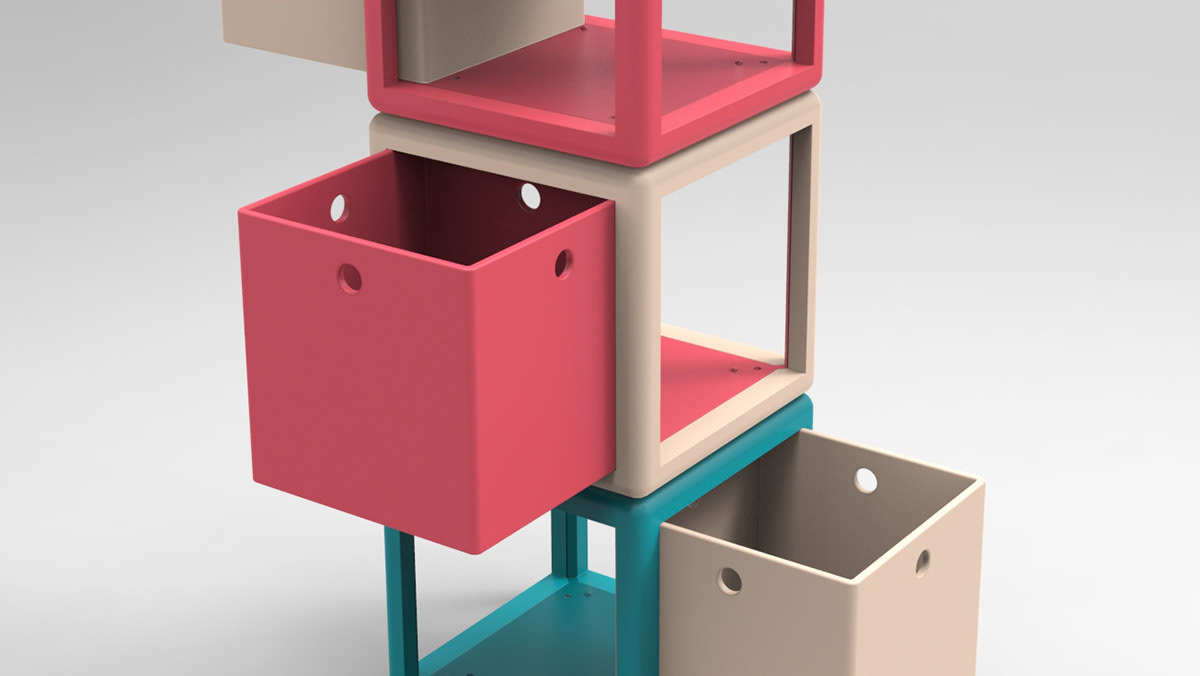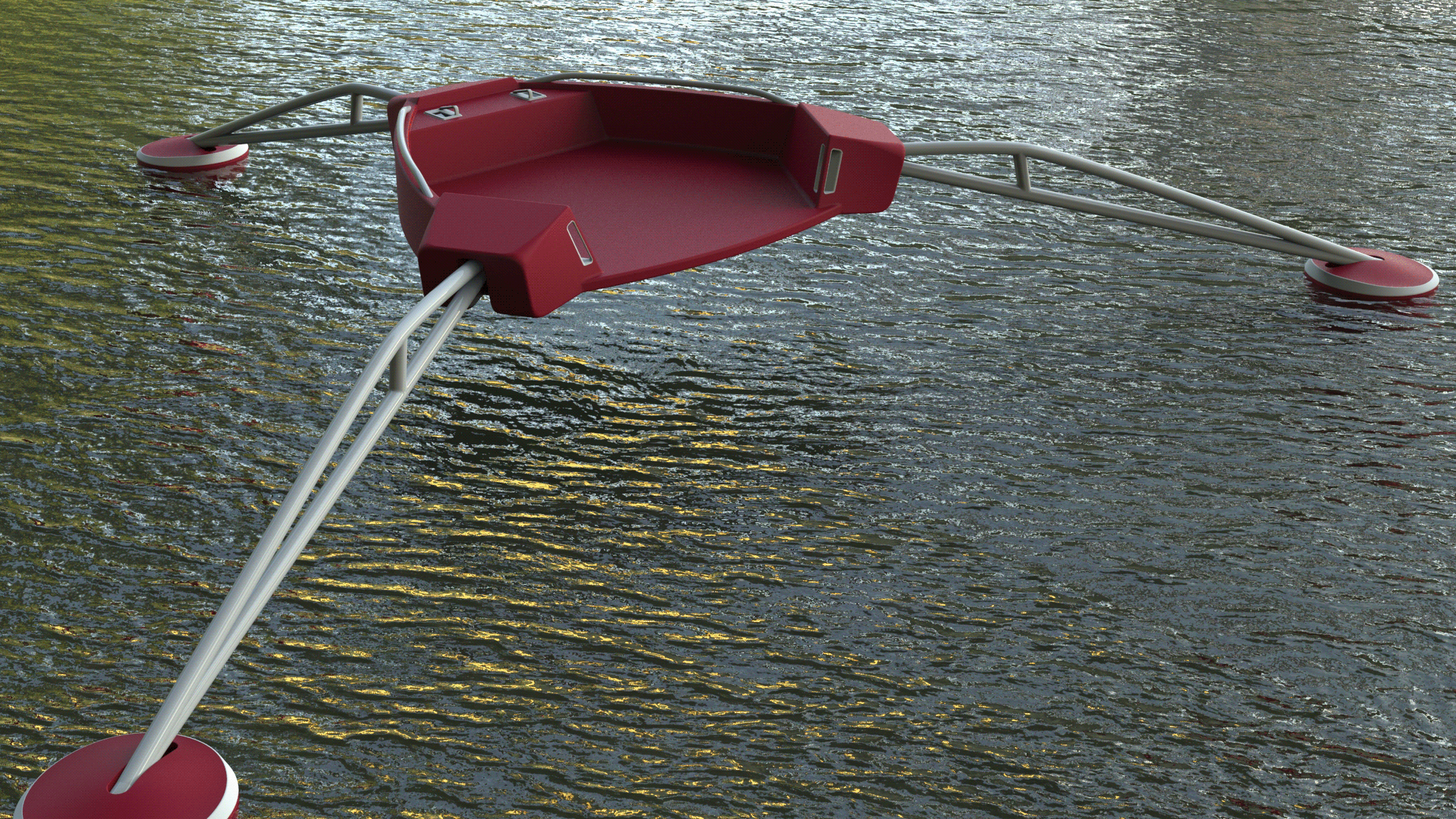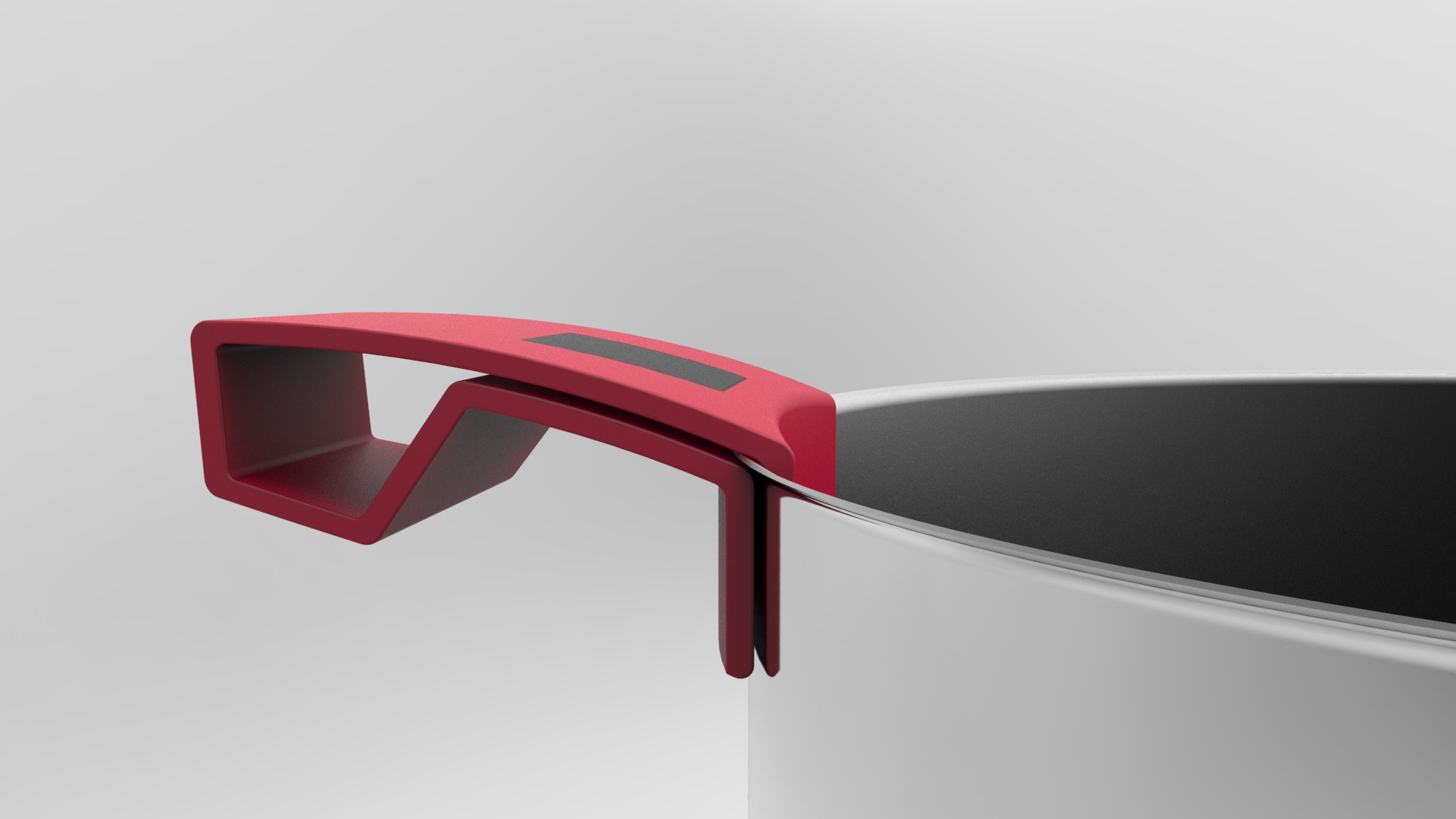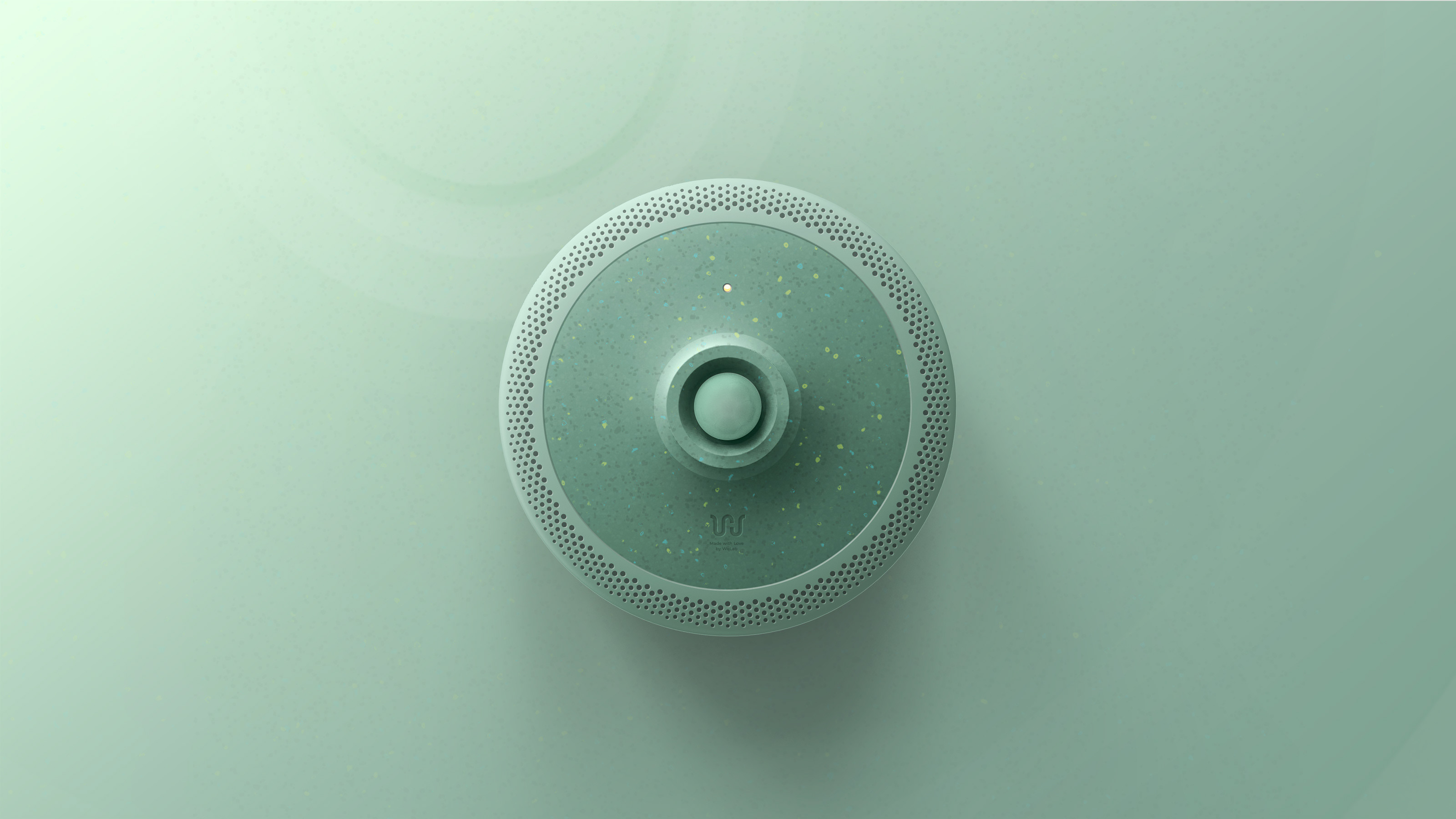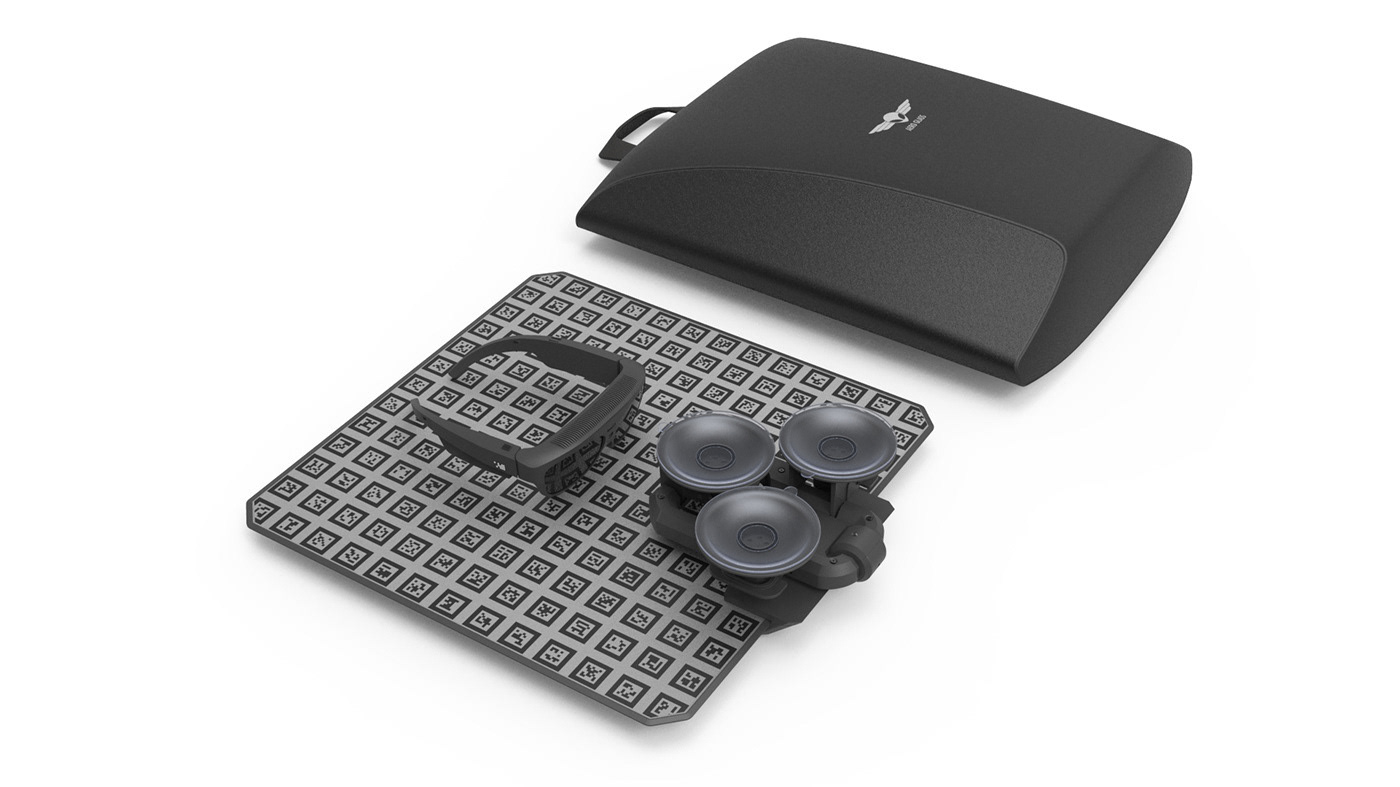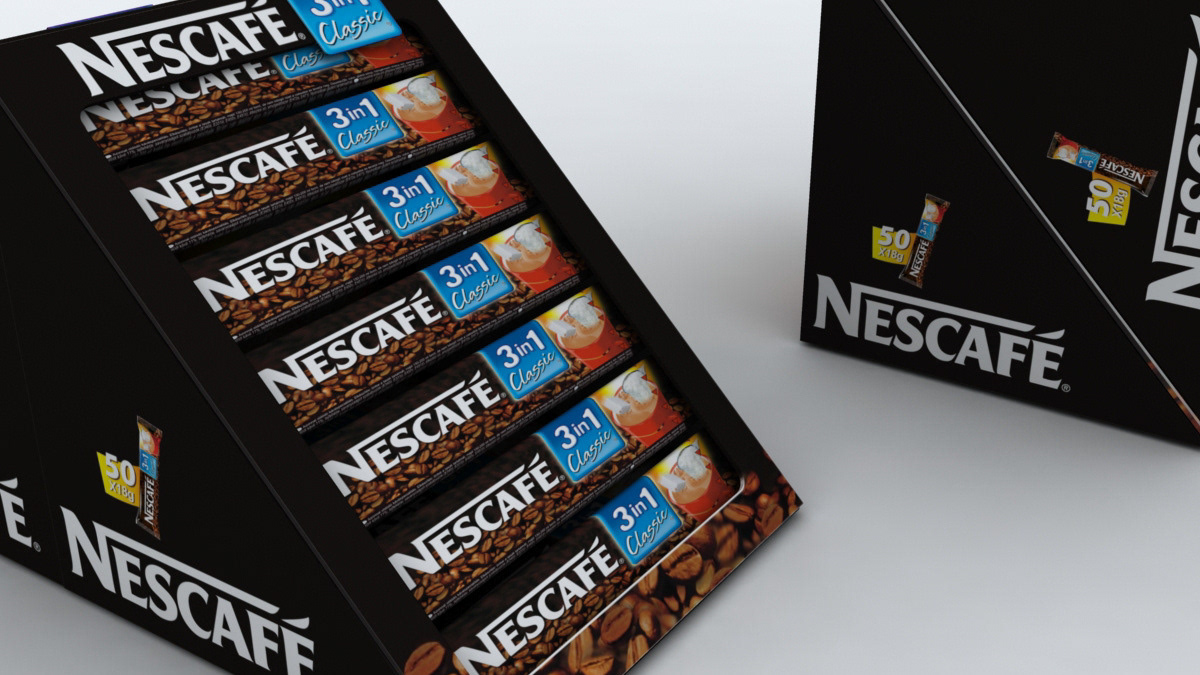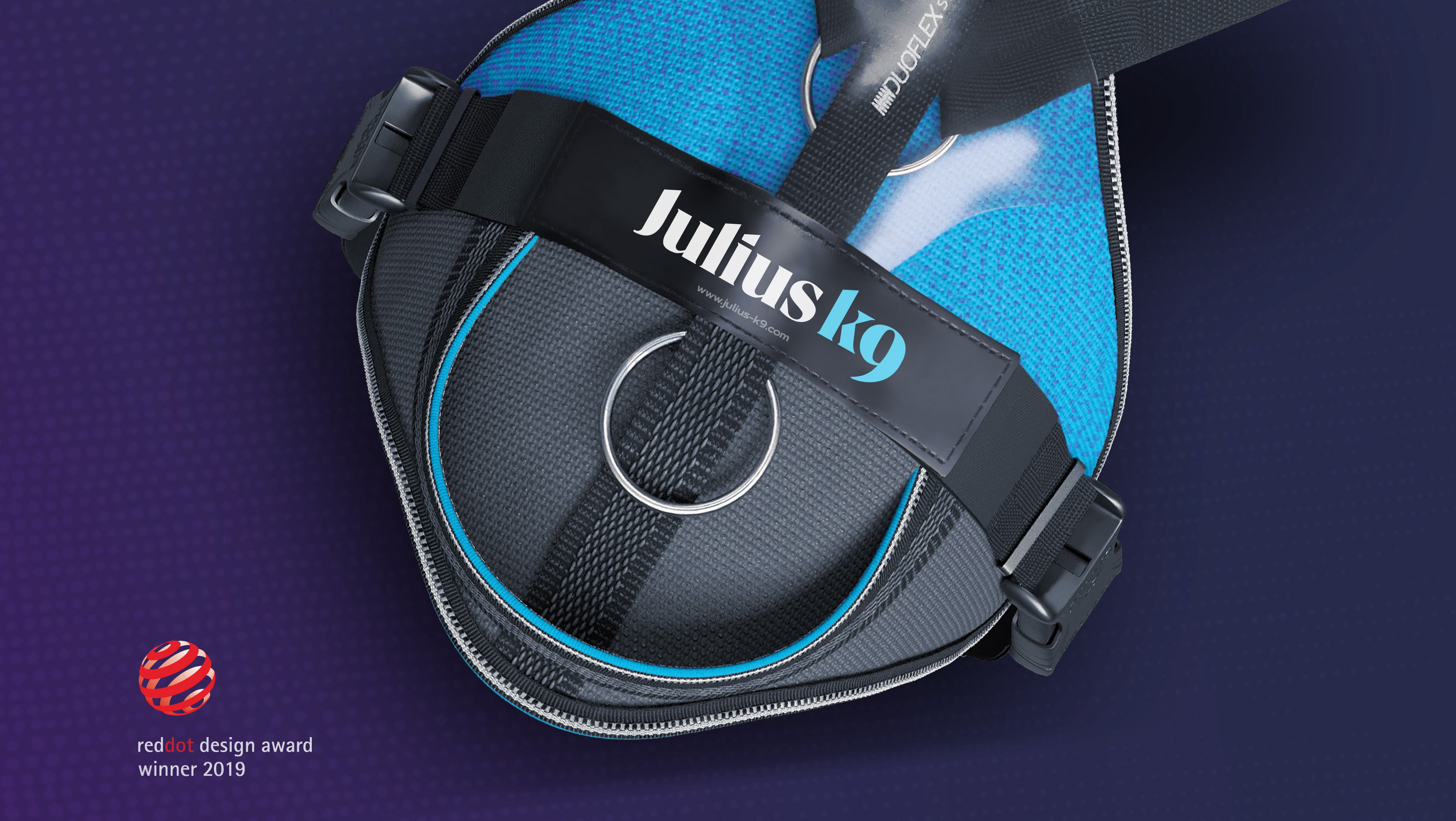Gris is an extremely simple grey water system which can collect and recycle the water you use during a shower. You can use this collected grey water for flushing the toilet, cleaning the house, for washing activities and irrigation of plants (if used with low salt soap and shampoo). This way you can save at least 40 liter water/person/day in an average household which means 2 billion liter saved water per day in a 50+ million habitant country like Colombia or South Africa.

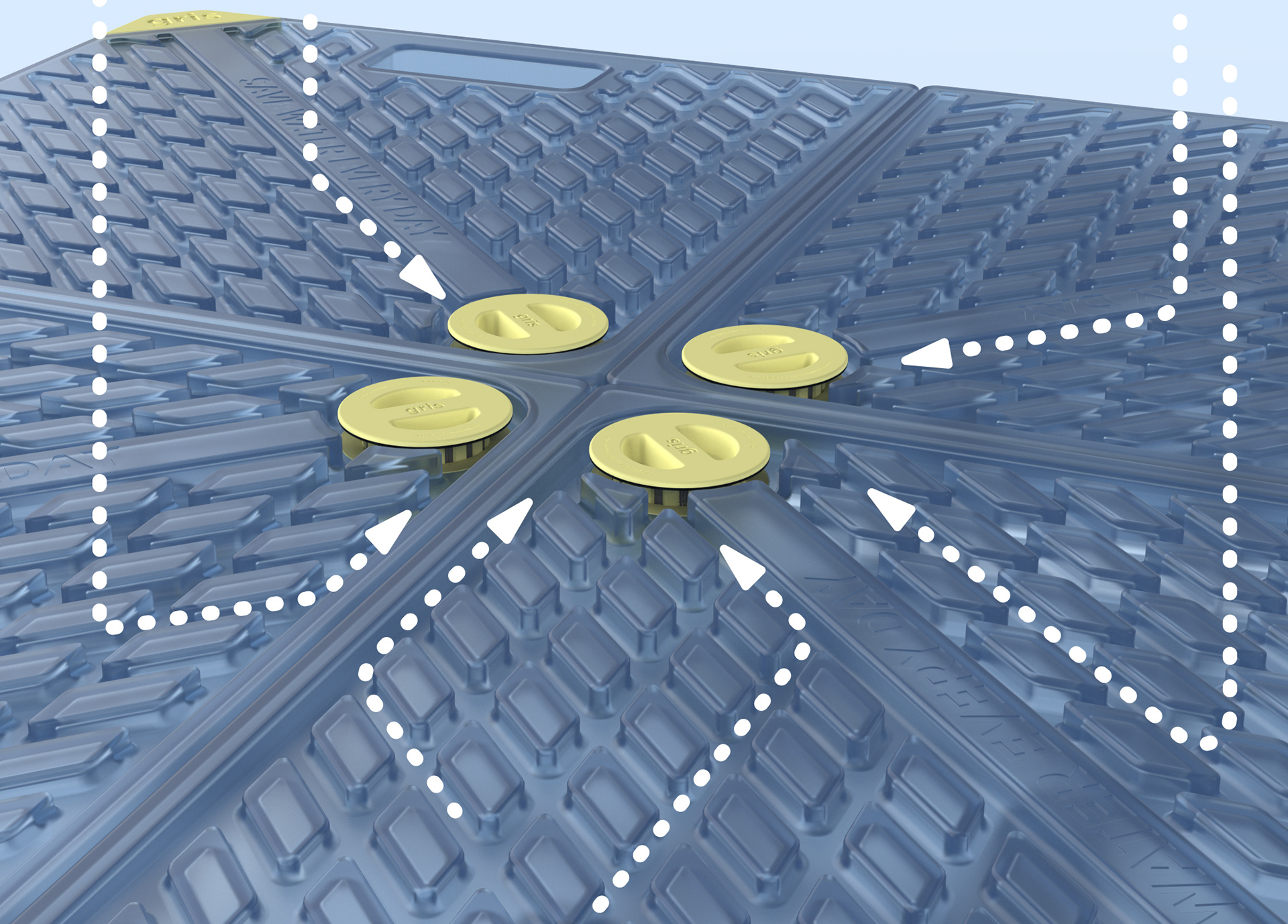
We use about 40 liter of water on average during a shower. The non-slip pattern on the surface captures and drives this water into the container like little canals because the pattern's grooves have a subtle angle that sinks towards the drain while the surface remains horizontal.
Gris is divided into 10 litre cells that you can compose according to the shape and size of your shower. After it fills up, you can easily lift up the one you need to use without moving the whole 40 liter mass.
Each cell is 10 liter which is the same size of an average domestic bucket. This way you can easily flush the toilet with one unit or clean up the house or irrigate your garden with it.
Behind the scenes: Prototyping and constructional testing of frugal models

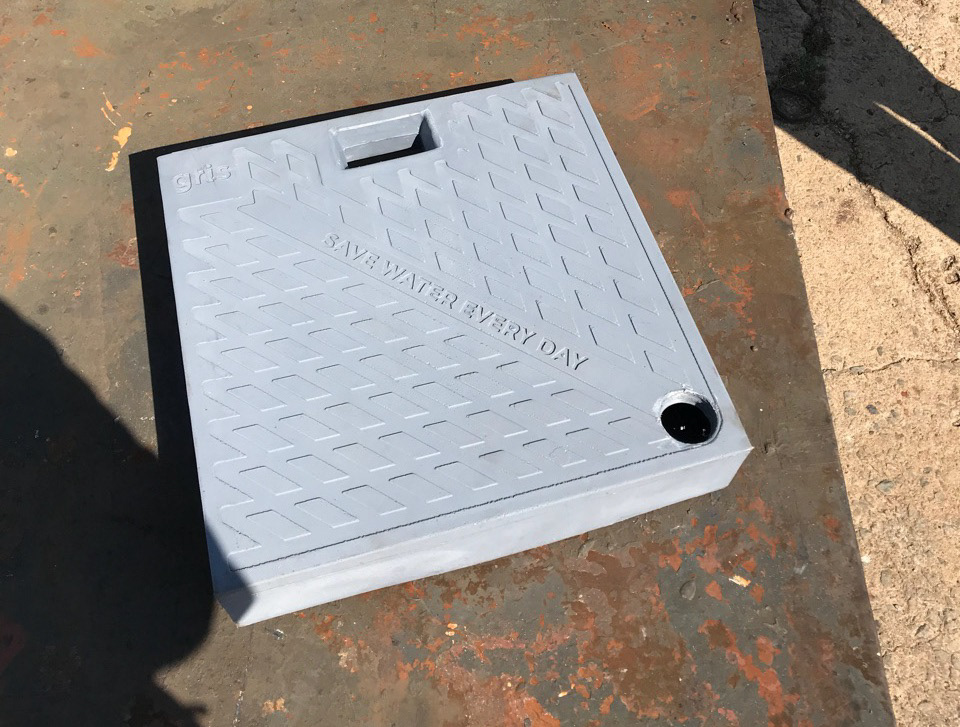
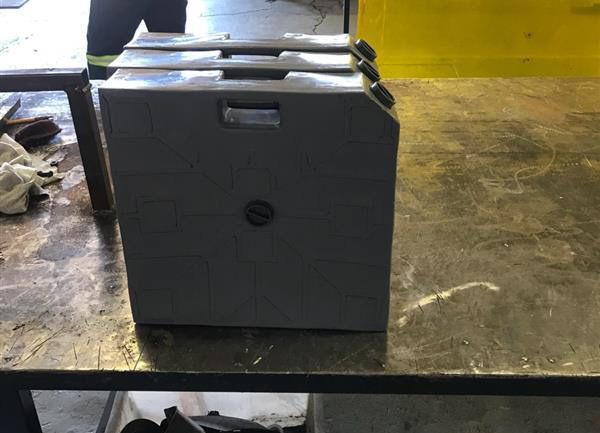
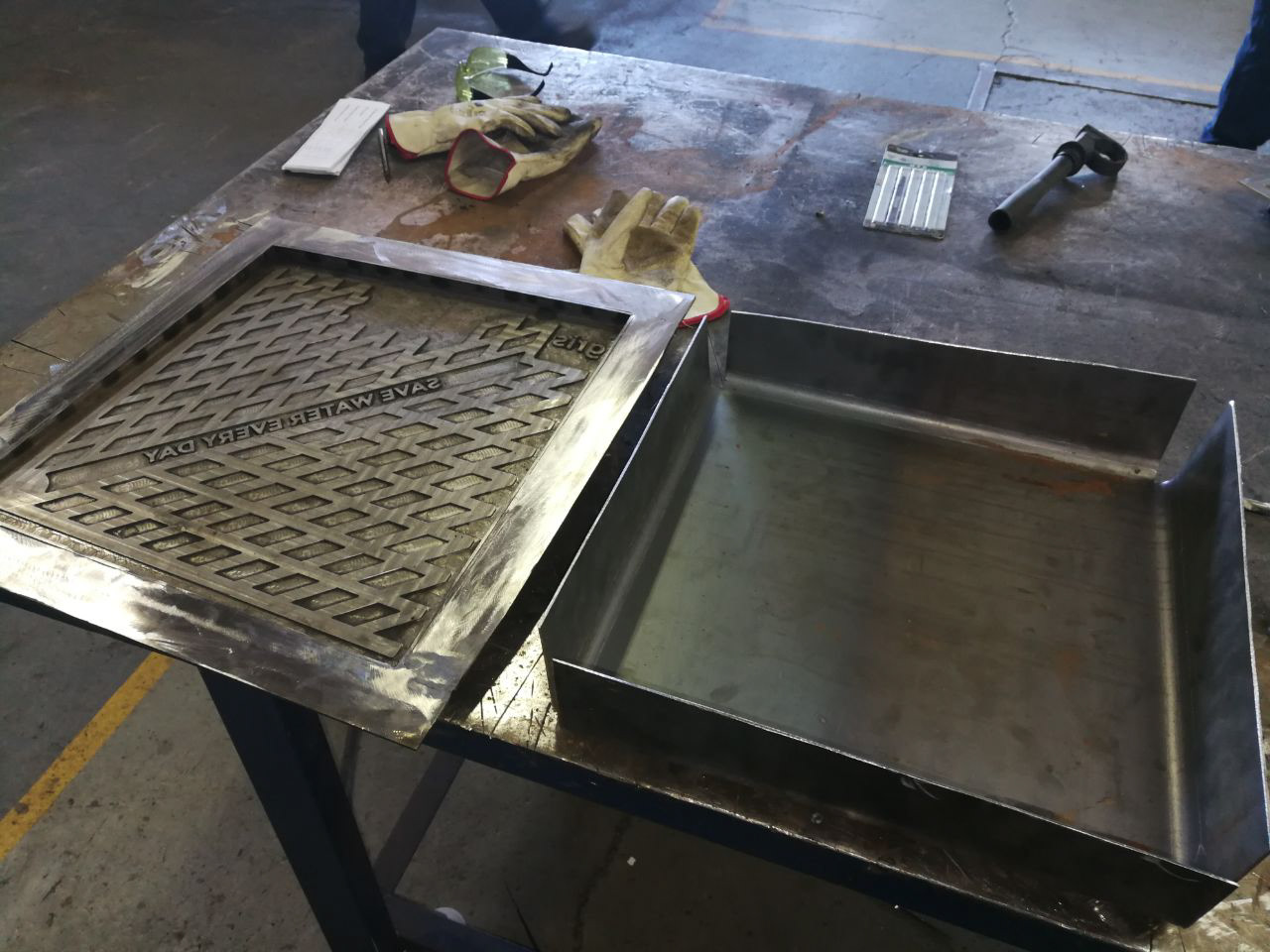
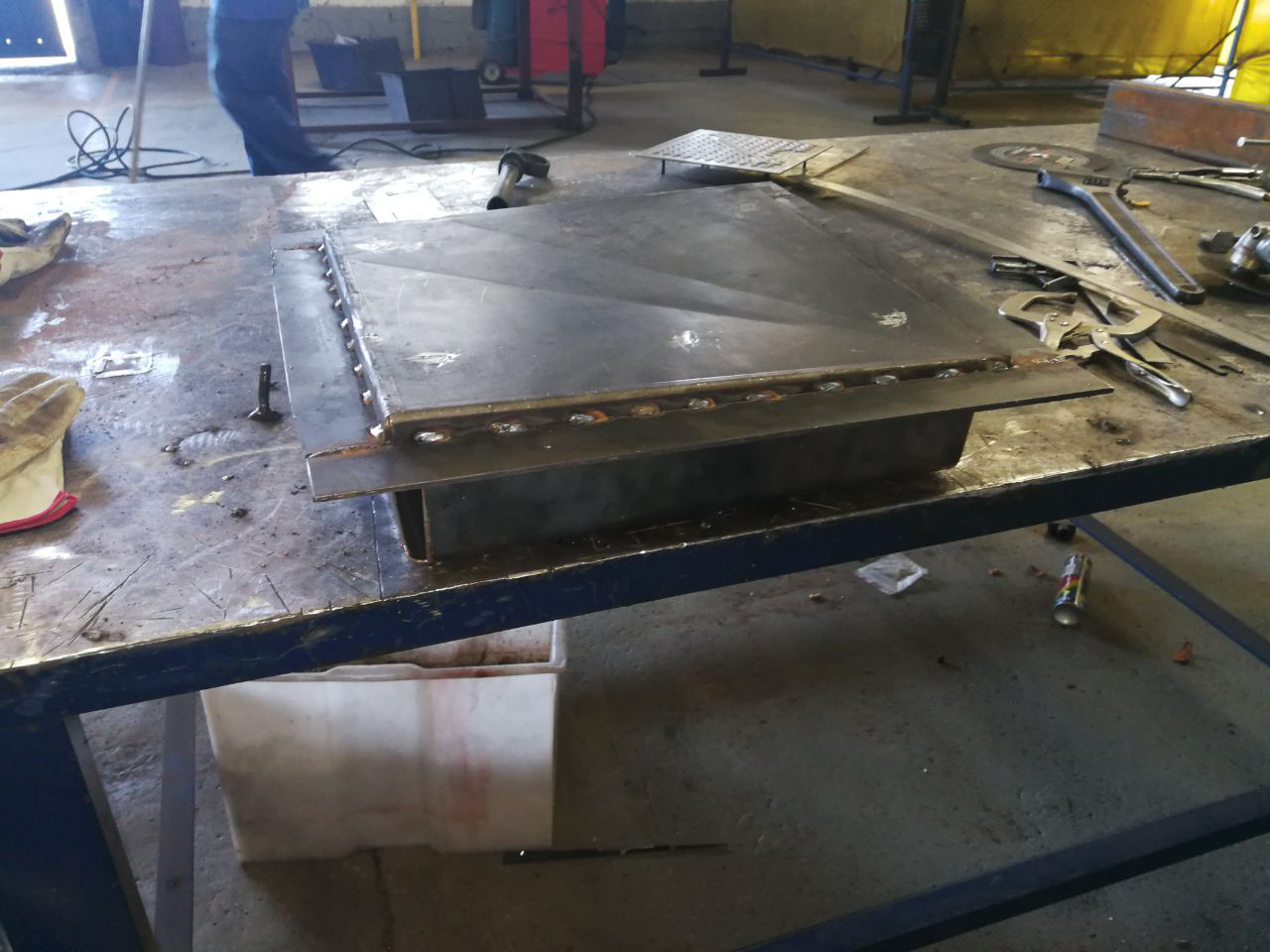

Understanding water scarcity in developing countries – the research behind Gris
During research I was mainly focusing on Colombia, however the decrease of potable water resources is becoming a worldwide problem. California, South Africa, Brazil, Mexico, Guatemala, Spain, India, Pakistan, Syria are some in the worst situations. The main reasons are climate change, deforestation and that usually infrastructure can’t keep up with the explosive growth of bigger cities.

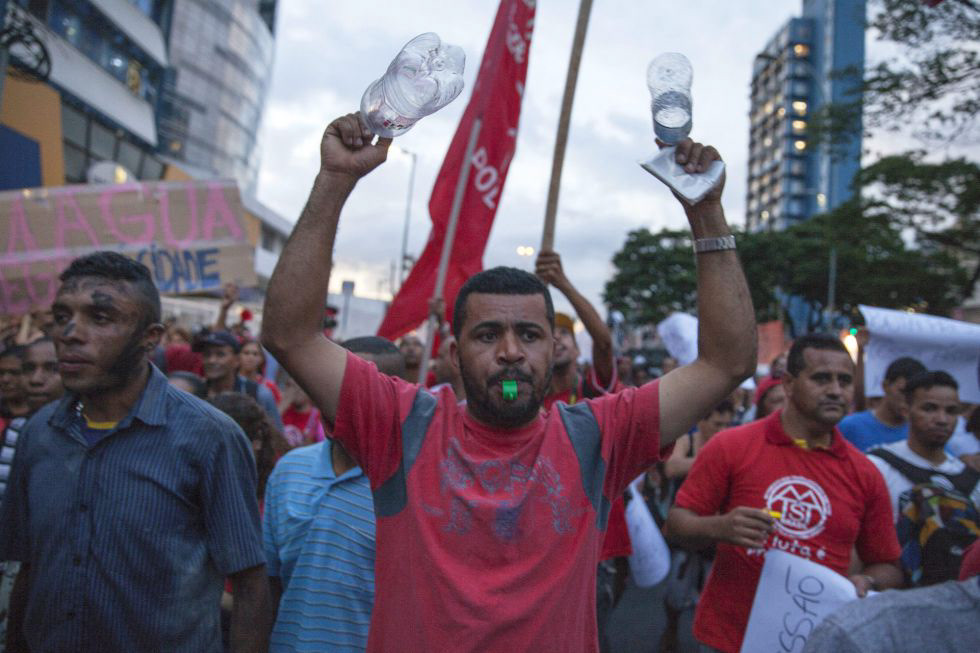
“São Paulo suffers the worst water crisis ever that its inhabitants remember. There are houses without water 12 hours a day, cafes have stopped serving coffee in the afternoon, hospitals seek emergency plans, giant drums up to 250 l have become an object of desire and neighboring communities impose their own rationing. If the situation continues as it is – the dry season begins in April – the citizens have to live with four or five days without water per week.” El País – 28/02/2015
It isn't anymore about eco-consciousness but solving severe social conflicts
It offen occurs in smaller towns that farmers who live closer to the water reservoir hijack the town's waterflow to water their animals – however it is unethical to the community but if their animals die, the farmers will starve to death either. The water problem creates conflicts that endanger entire communities.
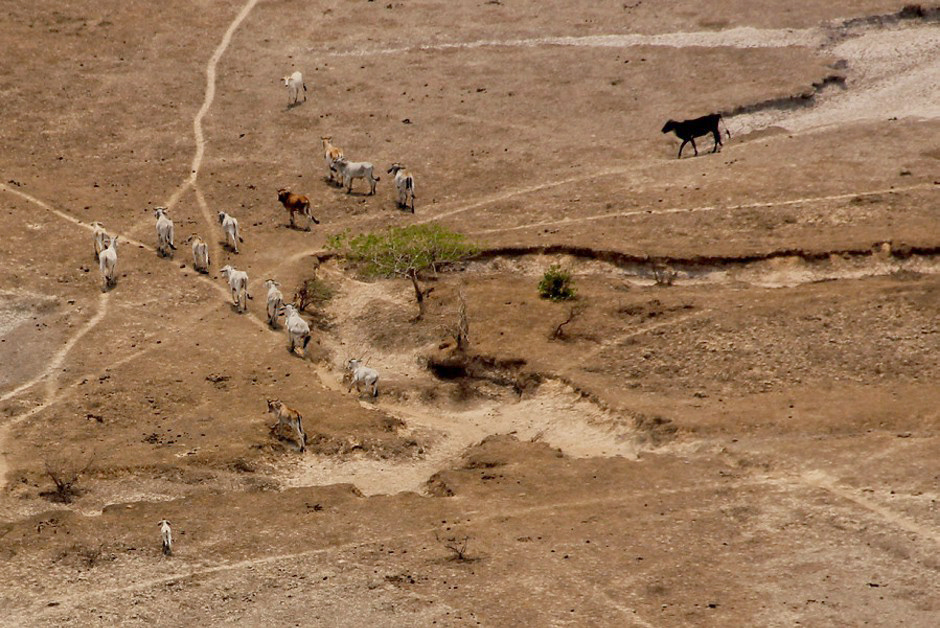

However there are thousands of water recycling products to lower the water consumption of households some even produced since the 1940s. And still barely anybody uses them – especially in developing countries.
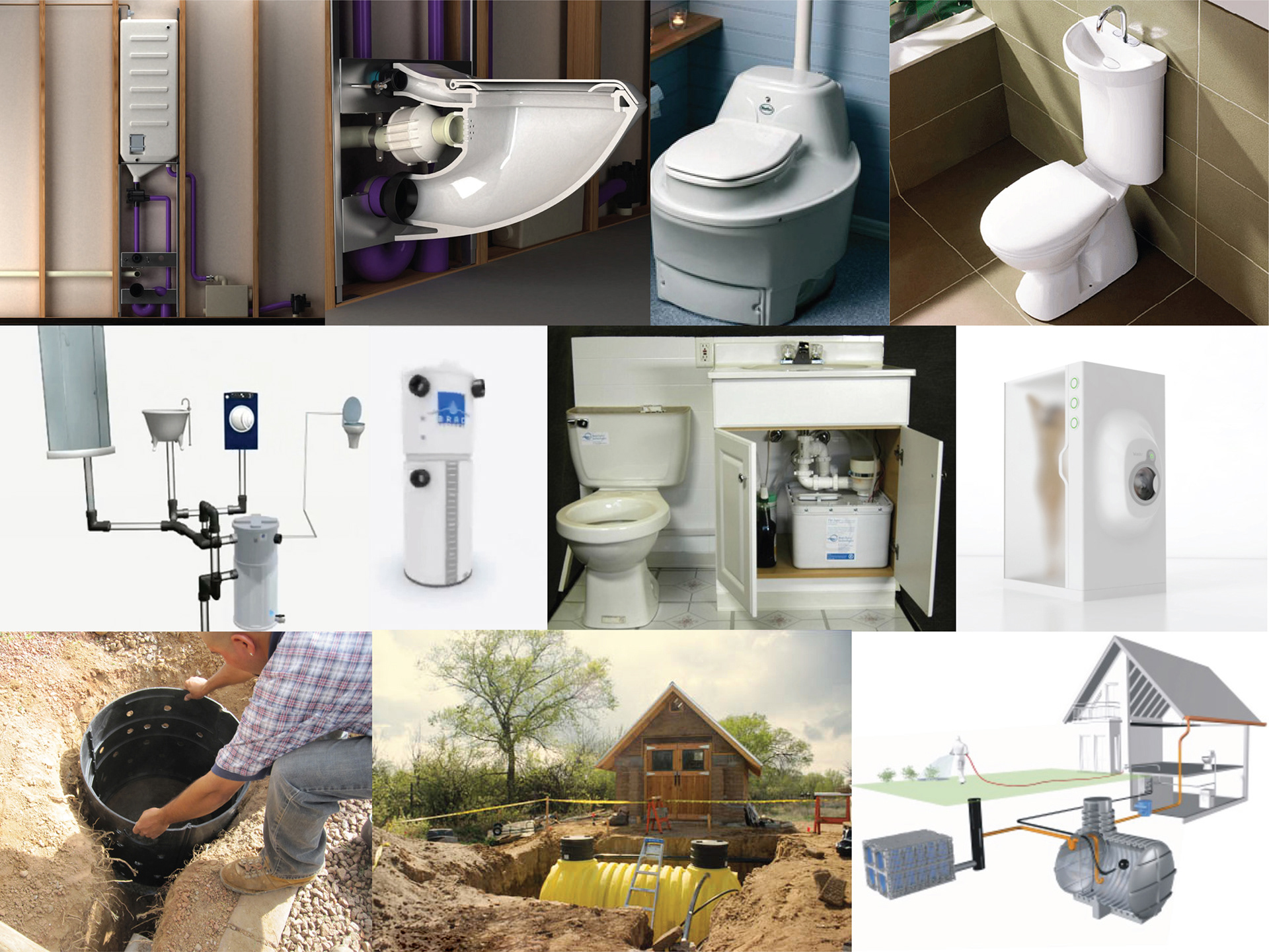

Most systems are designed to be optimal and not to be realistic.
These water recycle systems are too expensive for lower and middle income people in developing countries and too complicated to install. In most cases you need to rebuild your complete sanitary-system of your house.
You can’t convince millions of people to adopt a solution that is expensive or complicated to install. People only adopt a solution that doesn’t change their daily routine and is as simple as a bucket. That’s why Gris was a redesign of the bucket under the shower. Only reframing and optimising a solution that's already a habit of the locals.
